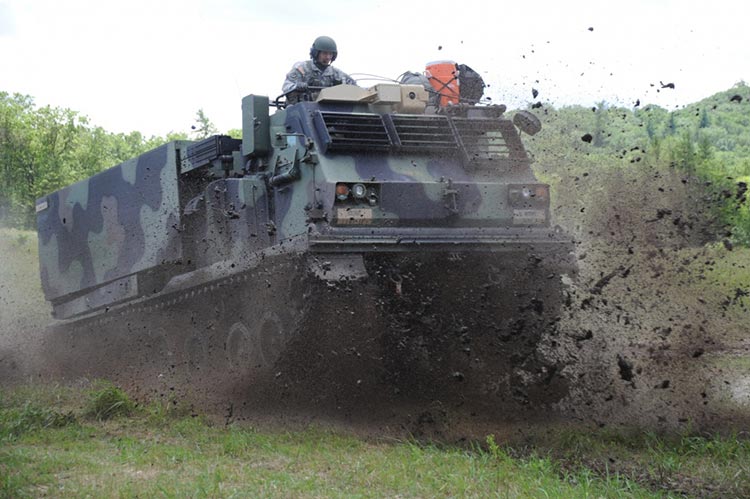NTA provides Test and Evaluation support to the Strategic and Operational Rockets and Missiles (STORM) Project Office’s Fire Control Systems (FCS) programs. This includes the Multiple Launch Rocket System (MLRS) Improved Fire Control System (IFCS) and the High Mobility Artillery Rocket System (HIMARS) Universal Fire Control System (UFCS). STORM is currently developing the Common Fire Control System (CFCS), which will replace both the IFCS and UFCS to provide commonality and efficiencies between the two field artillery systems. The commonality between systems will streamline crew training, create efficiencies in logistics and maintenance, and address any near-term obsolescence risks. NTA plays a critical role during the developmental phase, providing integration and test support with on-site data collection and post-event data translation and analysis. Major hardware or software upgrades also require a culminating event to demonstrate the upgrade to the warfighter, and to provide a final operational effectiveness evaluation to ensure mission cycle times and other key performance parameters have not been adversely affected by the upgrade. This event may also include data collection and root-cause failure analysis to support a reliability and maintenance assessment. This significant culminating event is normally done in a field environment with actual Army or Marine crews performing at a user-defined operational tempo. NTA takes the lead in developing and coordinating this plan with stakeholders like the Army Test and Evaluation Command (ATEC), TRADOC Capabilities Manager – Field Artillery Launchers (TCM-FAL), and the test centers at White Sands Missile Range (WSMR) Test Center (WTC) and Redstone Test Center (RTC). NTA serves as test conductor, collects data, translates and conducts data analyses, and provides the STORM Project Office with a final evaluation report. NTA’s expertise in system test and evaluation has been instrumental in helping our customers field critical warfighter capabilities.
PM STORM Test and Evaluation


